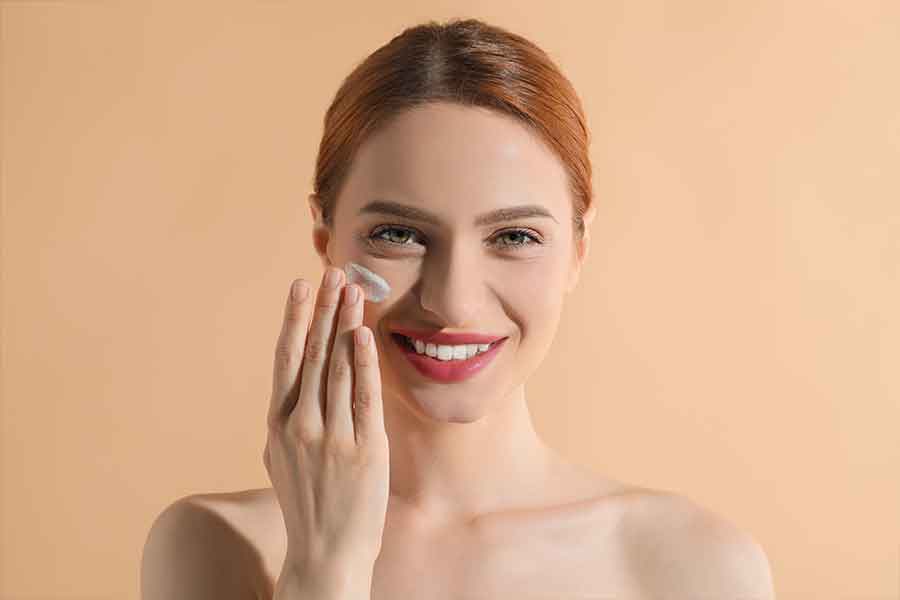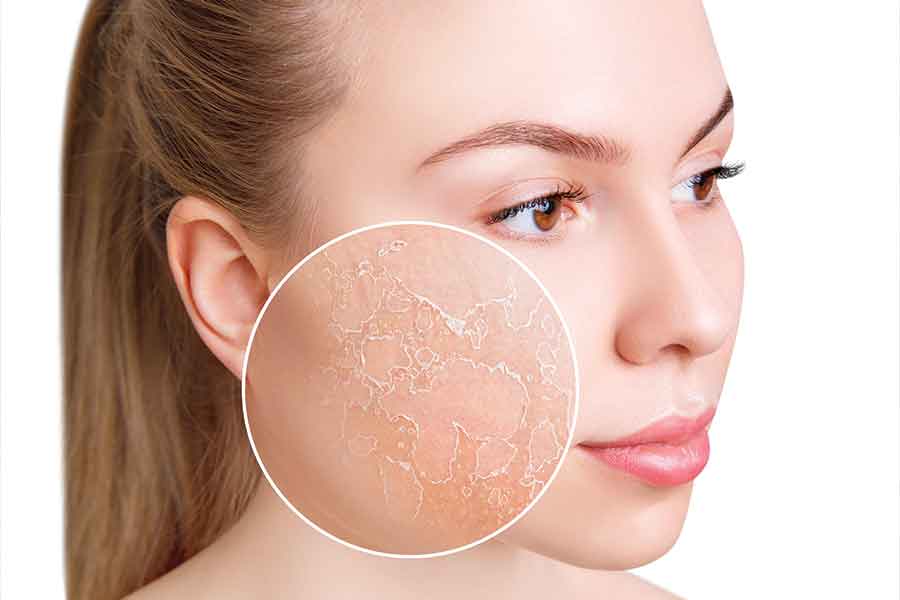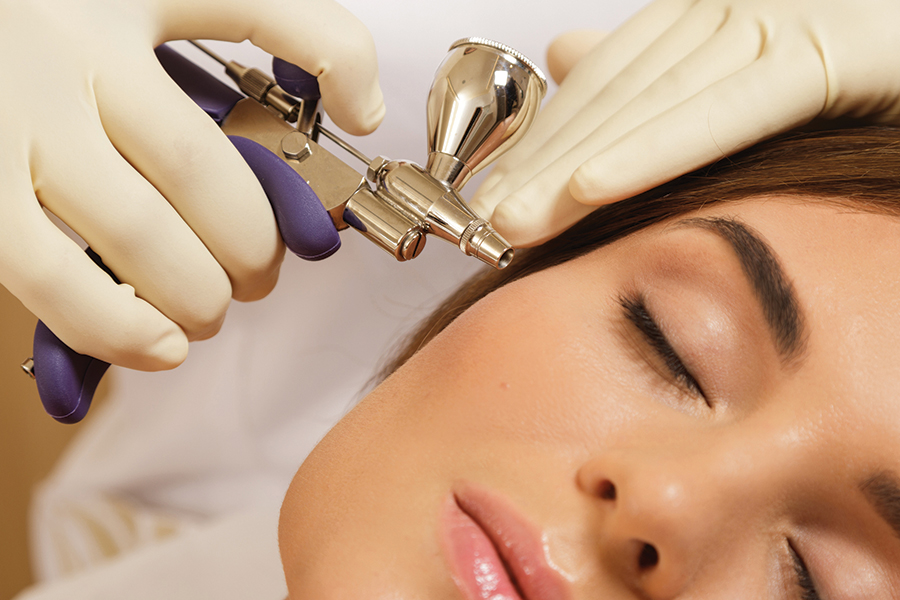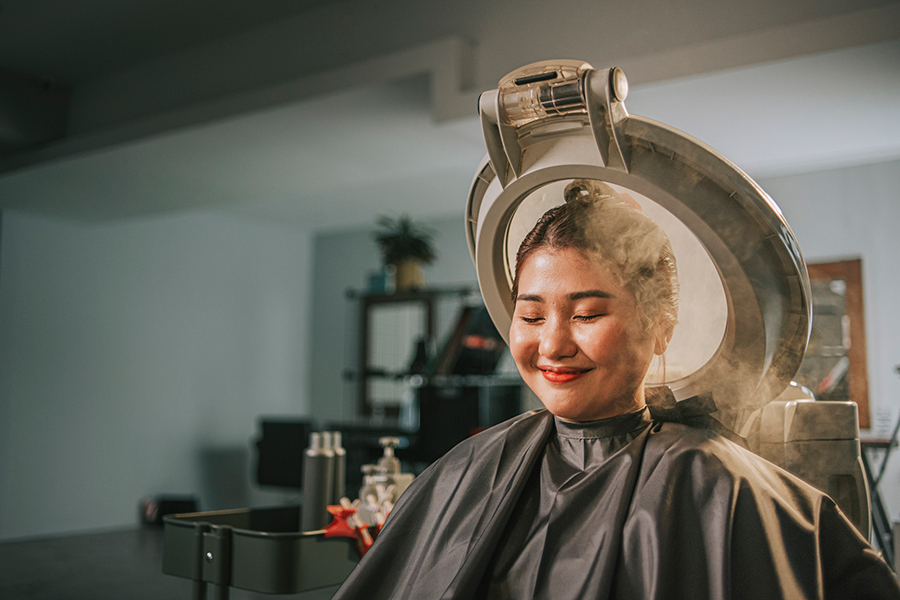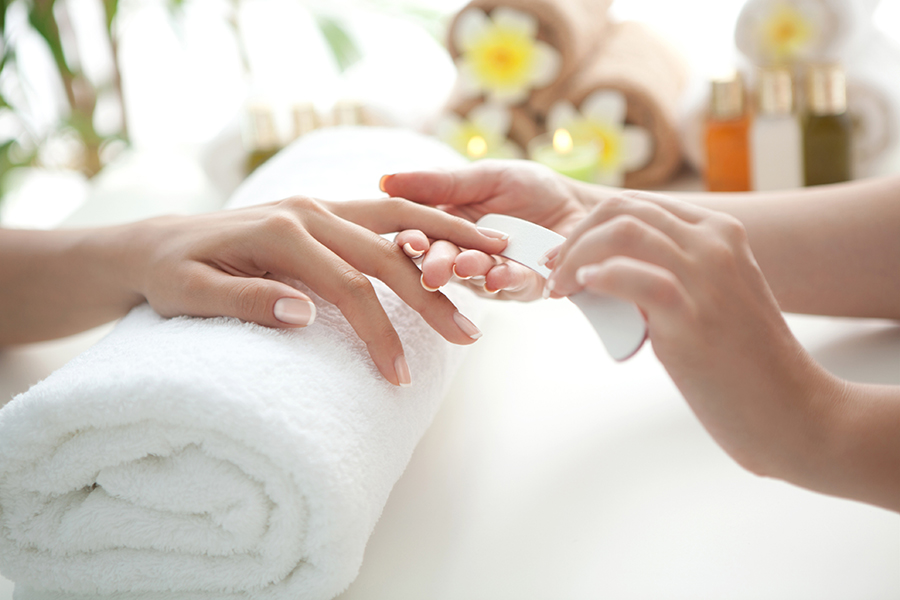Our skin offers a stout defense against all external aggressors with its protective shield – the skin barrier
Skin is the largest organ of the body. However, it is often neglected or taken for granted. The skin provides an extremely effective first-line protective shield against all organisms and the environment. Thus, it avoids the water loss, invasion of pathogenic organisms and protects from the physical and chemical assaults. The barrier function of the skin largely depends on the uppermost epidermal layer which is reinforced by skin barrier immunity.
What is the skin barrier?
Our skin is divided into two layers – epidermis and dermis, which are further made up of many layers. Each layer has a distinct feature and function to maintain and protect our skin.
The skin barrier can be functionally divided into four levels-
- Microbiome barrier,
- Chemical barrier,
- Physical barrier, and
- Immune barrier.
As the outermost layer, the microbiome barrier is composed of abundant microbial communities which act as the first line of defence. They play important roles in inhibiting the colonization of pathogenic bacteria and suppressing the inflammatory cytokines.
The chemical barrier commonly refers to a series of protective molecules produced by different types of skin cells.
The physical barrier of the skin is localized primarily in the stratum corneum and consists of protein-enriched cells and lipid-enriched intercellular domains. It has a brick wall appearance. Here, the protein enriched cells are called corneocytes, interconnected and bound to each other by bridges of lipids. These lipids contain cholesterol, fatty acids and ceramides. They act as natural moisturisers and prevent the loss of water. A well-hydrated skin is the best barrier against all pathogens.
The immune barrier is composed of various immune cells in the epidermis and dermis. These four elements of the skin barrier are not independent of one another. Instead, they are inextricably interconnected, and each element influences the others.
How is the skin barrier damaged?
Various factors can damage the skin barrier.
- Family history of skin diseases like atopic dermatitis, psoriasis, eczemas suffer from a breach of barrier.
- Extremes of weather: Dry, hot and humid or very cold temperatures can cause water loss from skin. Dehydrated skin has a weak skin barrier. Excess sun exposure can lead to tanning, sunburn or early ageing of the skin.
- Exposure to harsh chemicals: Constant use of harsh detergents and soaps in day-to-day house work can lead to irritation of inflammation of skin.
- Consuming unhealthy foods: Healthy food provides good nutrition to skin health. However, consumption of white sugar, fried food etc. can be harmful.
- Smoking
- Long hot showers: Depletes the skin of natural moisturisers leaving it dull and dehydrated.
- Over exfoliation of skin: Over exfoliation can damage its natural lipid content and washes off lipids, exposing it to harmful environment.
- Psychological stress: Any mental or physical stress lowers the natural immunity of skin.
- Lack of sleep – sleep is extremely important for a good skin barrier.
- Inappropriate skin care: Skin care needs of every individual are different. One should always use products suitable for their own skin type to maintain a good environment for the skin.
A patient with damaged skin barrier has symptoms like dry, itchy skin, wrinkles, either hypo- or hyperpigmentation. The skin is also prone to early laxity and sagging, and bacterial or viral infections.
How can we maintain the skin barrier?
- Moisturise daily: Ingredients like hyaluronic acid, glycerine, butters and oils etc. keep the hydration of the skin intact. These keep the skin smooth and prevent any cuts or injuries. Ideally moisturise the skin after bath when it’s damp. In cold weather, reapply the creams.
- Sunscreens: Weather plays a very important role in skincare. Always apply a high SPF sunscreen to protect the skin from harsh sunlight and visible light.
- Use quality skincare: Gentle cleansers and body wash maintain a good skin mantle.
- Do not over-exfoliate: Always be gentle with the skin and avoid over exfoliation. Mild scrubs can be used on a weekly or monthly basis, avoid daily.
- Eat healthy food: Diets rich in antioxidants, omega 3, fish oil, lots of fresh and seasonal fruits and vegetables, eggs and meat etc. can maintain skin elasticity. Drink plenty of water to remain hydrated.
- Avoid smoking: Smoking causes vasoconstriction of blood vessels, leading to lower blood supply to skin and thus less oxygen and nutrients. Nicotine also reduces the collagen and elastin levels of skin.
- Good mental health and physical health play a very important role in maintaining the skin barrier.


